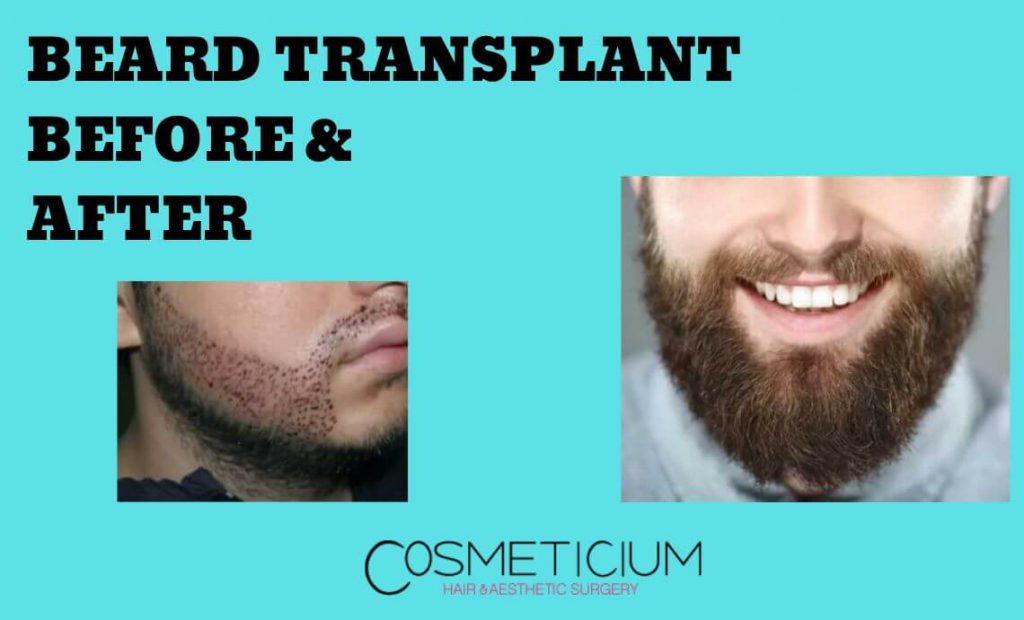Certainly! Making the choice to undergo a hair transplant is important and requires cautious consideration. Here are eight necessary components to weigh earlier than deciding if a hair transplant is right for you:
1. Degree of Hair Loss:
Consider the extent of your hair loss. Hair transplants work best for individuals with pattern baldness the place certain areas of the scalp have experienced hair loss whereas different areas stay unaffected. The process may not be appropriate for superior levels of hair loss.
2. Stability of Hair Loss:
Ensure that your hair loss has stabilized earlier than contemplating a transplant. If hair loss continues to be progressing, extra procedures may be needed sooner or later to deal with new balding areas.
three. Realistic Expectations:
Have realistic expectations concerning the outcomes. Understand that a hair transplant can enhance the appearance of your hair, but it might not restore your hair to its density in your youth. Discuss your expectations openly with the surgeon through the session.
four. get more info :
Assess your overall well being and any underlying medical circumstances. Certain health situations or medications may affect your eligibility for the process. Be clear about your medical history during consultations.
5. Cost and Budget:
Consider the price of the procedure and whether it fits your price range. Hair transplants is usually a important monetary investment. Factor in not simply the initial cost but also potential follow-up periods or treatments.
6. Reputation and Experience of the Surgeon:
Research the status and experience of the surgeon and the clinic. Choose a board-certified and experienced surgeon who specializes in hair restoration. Read evaluations, examine before-and-after pictures, and ask for recommendations.
7. Recovery Time and Aftercare:
Understand the restoration course of and aftercare requirements. Hair transplant restoration can take a quantity of weeks, during which you want to observe particular instructions provided by the surgeon. Consider your work and social commitments through the restoration interval.

eight. Alternative Treatments:
Explore different remedies for hair loss, such as medications (like minoxidil and finasteride) or low-level laser remedy. Discuss these options with your healthcare provider and consider their effectiveness earlier than opting for surgery.
Additional Consideration:
Emotional Preparedness: Consider your emotional readiness for the procedure. Assess the way you may feel in the course of the varied stages of the method, together with the shedding section and ready for the model new hair to grow.
It's important to have open and sincere discussions with a qualified hair transplant specialist. They can assess your particular person situation, talk about your issues, and provide skilled steering tailored to your wants. Remember that every person's expertise with hair loss is unique, and what works for one individual won't be the best solution for an additional..
